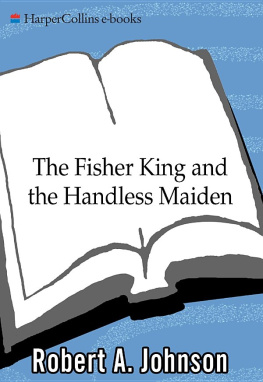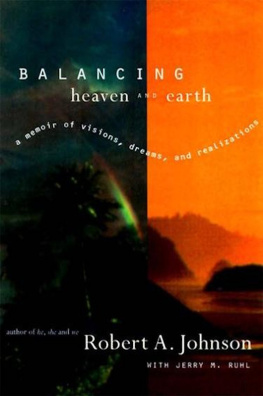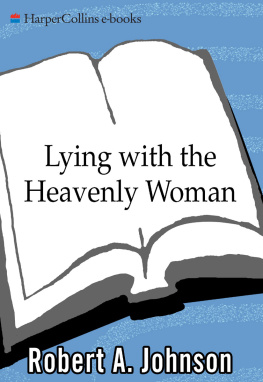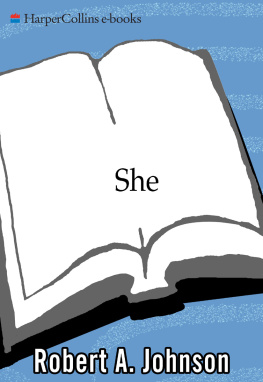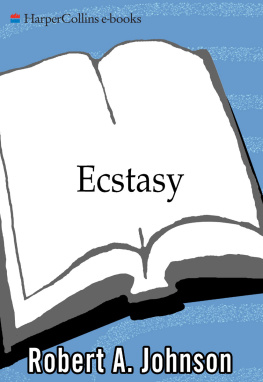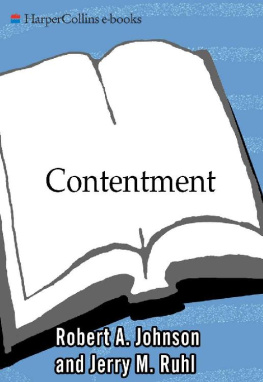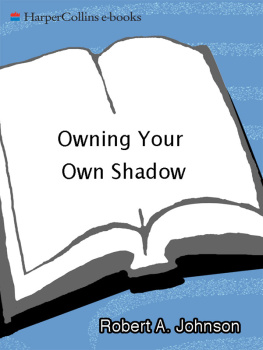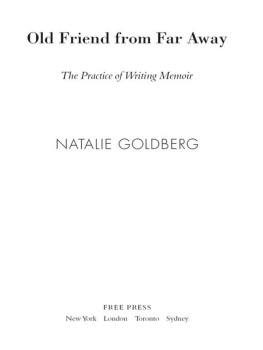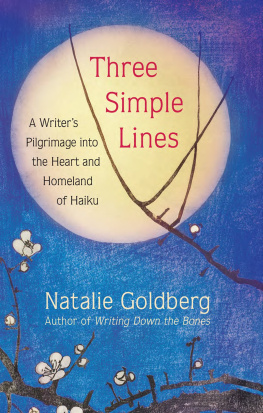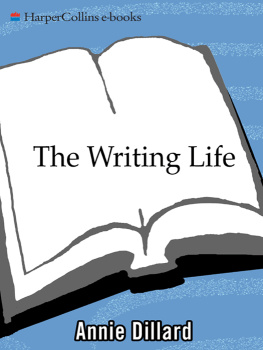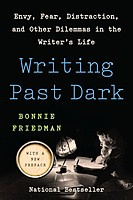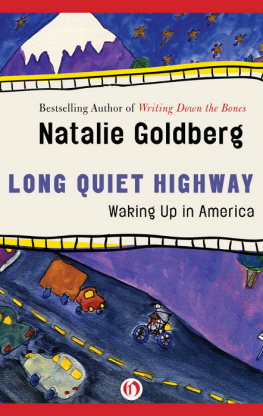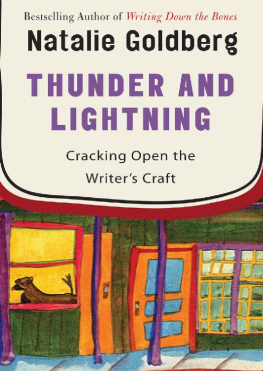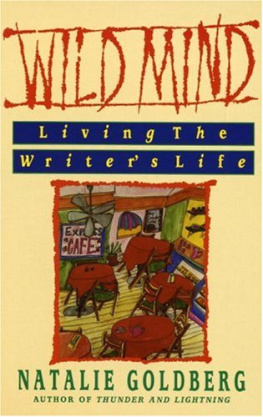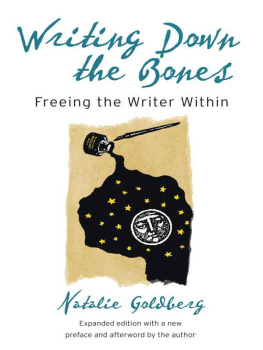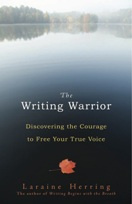Robert A. Johnson
THIS BOOK IS ABOUT OUR wounded feeling function, probably the most common and painful wound which occurs in our Western world. It is very dangerous when a wound is so common in a culture that hardly anyone knows that there is a problem. There is general discontent with our way of life but almost no one knows specifically where to look for its origin.
Thinking is that cool faculty which brings clarity and objectivitybut provides no valuing; sensation describes the physical worldbut provides no valuing; intuition suggests a wide range of possibilitiesbut provides no valuing. Only feeling brings a sense of value and worth; indeed, this is its chief function. Without feeling there is no value judgment. To lose ones feeling function is thus to lose one of the most precious human faculties, perhaps the one that makes us most human. We can understand the term feeling more accurately if we define it as the capacity to value or to give worth to something. People who have a finely differentiated feeling function bring grace and good feeling with them; one feels valuable in their presence.
The feeling function is a casualty of our modern way of life. To search out the lossor woundednessof this most valuable faculty is the task of our book.
The wounded feeling function is so common in our Western world that one must completely leave this civilization to gain insight into the problem. America reveals some of its specific characteristics only when viewed from Europe; our Western world reveals some of its secrets only when viewed from the East. It was not until I had lived in India for some time that I began to discover the degree of the wounding of our feeling function.
The very term feeling is itself ambiguous, an orphan word. Its true meaning has not quite differentiated itself from its tactile origins. It derives from the verb to feel in its tactile sense. Our use of the word feeling is made to describe much more subtle realms. The act of valuing has no dignified term of its own and is still tied by an unseen umbilical cord to the realm of sensation. Little wonder that strong feeling is unconsciously tied to some physical act that we think should give expression to it. Of course, one may make sublime expression of feeling by a physical act, but feeling should not be unconsciously tied to the physical realm. Feeling is one of the wonderful, terrible, ambiguous words that contribute so much to our confusion.
A movement is afoot to expunge some of the great words of our languagesuch as God, freedom, democracy , and love that have become so global in their associations that they mean nothing in practicality. Feeling might top the list. I dont know what we would put in their placeperhaps a dozen words of more differentiated meaning for each onebut we could at least start afresh. My good friend John Sanford, a Jungian analyst and Episcopal priest, shocks people who ask him if he believes in God by replying, Do you mean Jaweh, Jehovah, The Elohim, or the God of the New Testament? To have clarity in ones question is half the way to getting an intelligent answer.
T HE V OCABULARY OF F EELING
The first difficulty we meet in discussing anything concerning the feeling function is that we have no adequate vocabulary to use. Where there is no terminology, there is no consciousness. A poverty-stricken vocabulary for any subject is an immediate admission that the subject is inferior or depreciated in that society. Sanskrit has ninety-six words for love; ancient Persian has eighty, Greek three, and English only one. This is indicative of the poverty of awareness or emphasis that we give to that tremendously important realm of feeling. Eskimos have thirty words for snow, because it is a life-and-death matter to them to have exact information about the element they live with so intimately. If we had a vocabulary of thirty words for love and matters of feeling, we would immediately be richer and more intelligent in this human element so close to our heart. An Eskimo probably would die of clumsiness if he had only one word for snow; we are close to dying of loneliness because we have only one word for love. Of all the Western languages, English may be the most lacking when it comes to feeling. Imagine what richness would be expressed if one had a specific vocabulary for the love of ones father, another word for love of ones mother, yet another for ones camel (the Persians have this luxury), still another for ones lover, and another exclusively for the sunset! Our world would expand and gain clarity immeasurably if we had such tools.
It is always the inferior function, whether in an individual or a culture, that suffers this poverty. Ones greatest treasures are won by the superior function but always at the cost of the inferior function. Ones greatest triumphs are always accompanied by ones greatest weaknesses. Because thinking is our superior function in the English-speaking world (that is, the generally prevailing value or ideal, even if many individuals do not conform to this pattern), it follows automatically that feeling is our inferior function. These two faculties tend to exist at the expense of each other. If one is strong in feeling, one is likely to be inferior in thinkingand vice versa. Our superior function has given us our science and the highest standard of living the world has ever knownthe envy of the third worldbut at the cost of impoverishing the feeling function.
This is vividly demonstrated by our meager vocabulary of feeling words. If we had the expanded and exact vocabulary for feeling that we have for science and technology, we would be well on our way to warmth of relatedness and generosity of feeling.
It is instructive to examine a culture such as Indias to see what patterns they have evolved. When one makes this journey halfway around the world one quickly sees that they have a wealth of vocabulary and corresponding consciousness in the realm of feeling but suffer a crushing poverty in awareness of the practical elements of science, politics, and planning. One can learn so much by observing a society that has exactly the opposite pattern of inferiority and superiority from our own. We are rich where they are poor; they are rich where we are poor. I was sobered to learn that the Japanese could not function in the complexity of World War II in their native tongue and were forced to use English for some of the activity that the feeling- and sensation-oriented Japanese language could not encompass. It is amusing to hear the Indian feeling-oriented languages proceeding with the addition of such terms as line voltage, fuse box, and coaxial cable. Our own language is being enhanced by such terms borrowed from the East as Mandala, Yoga, and Zen. Each language is enriching its poverty-stricken neighbor.
A M YTHICAL A PPRAISAL OF O UR W OUNDED F EELING F UNCTION
Men and women suffer quite differently from the wounding of their feeling functions, and much of the tension and lack of communication between man and woman springs from this difference. There are many parallels between the masculine and feminine woundings but some marked differences also. The two myths will illustrate this eloquently.
The twelfth century began so many of the issues that we struggle with today. It has been said that the winds of the twelfth century have become the whirlwinds of the twentieth century. Thus we can profitably look at the road maps of Western civilization laid down in the formative time of our modern world to gain some perspective on the maze that we encounter today. The story of the Fisher King is more pertinent today than one would ever guess at first hearing. Most men are wounded fisher kings now and it is important to see how we suffer these wounds and how they began. We are profoundly indebted to the bards, artists, and storytellers who cherished these insights through dark times and delivered them safely to us. We need them badly. Only myth or art can hold a matter as profound as feeling.

